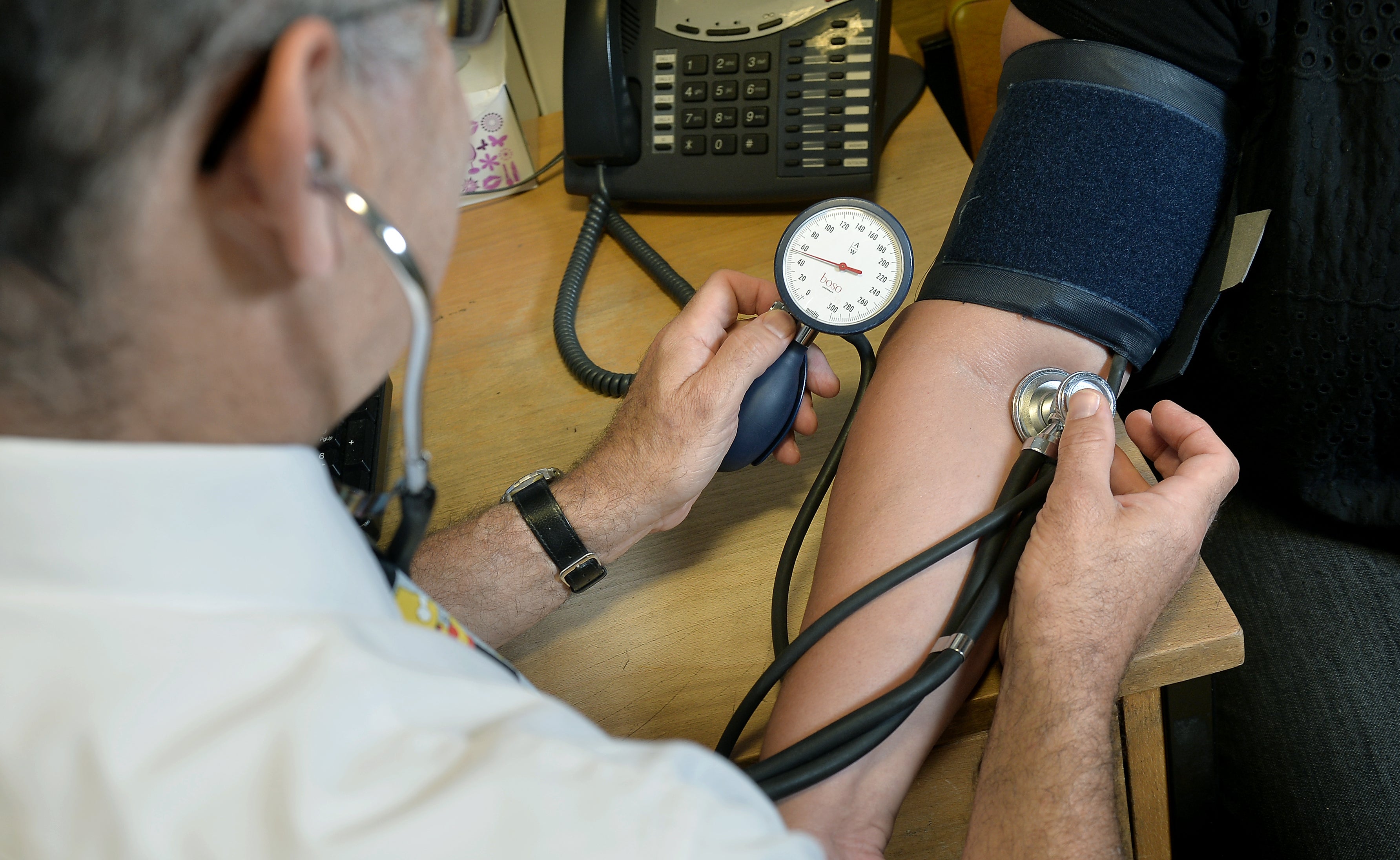Doctors could be reprimanded over inaccurate tweets
New guidance from regulators includes information on social media conduct of medics.

Your support helps us to tell the story
From reproductive rights to climate change to Big Tech, The Independent is on the ground when the story is developing. Whether it's investigating the financials of Elon Musk's pro-Trump PAC or producing our latest documentary, 'The A Word', which shines a light on the American women fighting for reproductive rights, we know how important it is to parse out the facts from the messaging.
At such a critical moment in US history, we need reporters on the ground. Your donation allows us to keep sending journalists to speak to both sides of the story.
The Independent is trusted by Americans across the entire political spectrum. And unlike many other quality news outlets, we choose not to lock Americans out of our reporting and analysis with paywalls. We believe quality journalism should be available to everyone, paid for by those who can afford it.
Your support makes all the difference.Doctors could face regulatory action if they publish “misleading” information on social media, according to proposed new guidance.
Tik Toks, tweets and Instagram posts could be scrutinised by the medical regulator if a doctor is reported for a breach.
The General Medical Council (GMC) is updating its Good Medical Practice guide – seen by some as a “modern Hippocratic Oath”.
The GMC document, which outlines professional values and behaviours expected of doctors working in the UK, has not been updated since 2013.
The latest version states that in public communications doctors must “be honest and trustworthy; make clear the limits of their knowledge; make reasonable checks to make sure any information given is not misleading; declare any conflicts of interest and maintain patient confidentiality”.
The update to the guidance, which is being put out for consultation, also aims to tackle workplace bullying.
Included in the guidance for the first time is a duty for doctors to act, or support others to act, if they become aware of workplace bullying, harassment or discrimination, as well as zero tolerance of sexual harassment.
We were appalled by the recent testimonies of sexual harassment and abuse that some surgeons shared on social media.
Charlie Massey, chief executive of the GMC, said: “Good medical practice is the bedrock that helps guide ethical practice and supports doctors to provide the best possible care in a world of increasingly complex medicine.
“This update is intended to be relevant and helpful to medical professionals, and to benefit patients, now and for years ahead.
“There is a lot of evidence of the damage bad workplace cultures can do to patient safety and, ultimately, to the UK’s ability to retain the healthcare professionals it needs.
“Toxic cultures can also spread online, undermining public trust in the medical profession.
“It is important our guidance reflects the reality of what doctors face and the cultures many are working in, and that it supports them to be able to do the best for their patients and for their colleagues. To achieve that we want to hear the views of as many people as possible on our proposed changes.”
Commenting on the new document, Professor Neil Mortensen, president of the Royal College of Surgeons of England, said: “Good Medical Practice provides the fundamental ethical principles that all doctors in the UK should follow in order to provide patients with the best care possible.
A lot has changed in medicine in recent years and the pandemic has exacerbated pressures on frontline medical staff.
“It is therefore important to have an opportunity to reflect on the professional values, knowledge and behaviour expected of our doctors and surgeons. At the Royal College of Surgeons of England, we have worked hard to address some of the issues that have been highlighted around improving the culture in surgery.
“We were appalled by the recent testimonies of sexual harassment and abuse that some surgeons shared on social media.
“We are therefore pleased to see that there is specific guidance around preventing bullying and sexual harassment in the GMC’s draft document.
“It is all of our responsibilities to ensure the medical profession is welcoming and inclusive, regardless of an individual’s background, race or gender. This means all of us treating each other with respect and challenging any unacceptable behaviour.
“We will use the updated Good Medical Practice guide, and the lessons learned by the profession in recent years, as the basis for our core standards document, Good Surgical Practice, when we review it.”